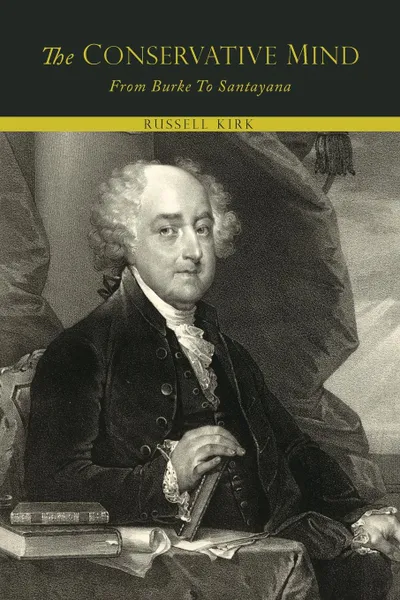The Conservative Mind, from Burke to Santayana 12+
Автор: Russell Kirk
2015
472 страницы
Категория: Научная литература
ISBN: 9781614278429
Язык: Английский
📘 2015 Reprint of 1953 Edition. Full Facsimile of the original edition. Not reproduced with Optical Recognition Software. In attempting to clarify the spirit of conservatism, Kirk turns his attention to three broad fields-political philosophy, religious thought, and imaginative literature. Following Burke, whom he calls the first truly modern conservative thinker, he studies the work of John Adams, Walter Scott, Calhoun, Fenimore Cooper, Tocqueville, Nathaniel Hawthorne, Benjamin Disraeli, Cardinal Newman, George Santayana, and T.S. Eliot and others. Vigorously written, the book represents conservatism as an ideology born of sound intellectual traditions.
Мнения
